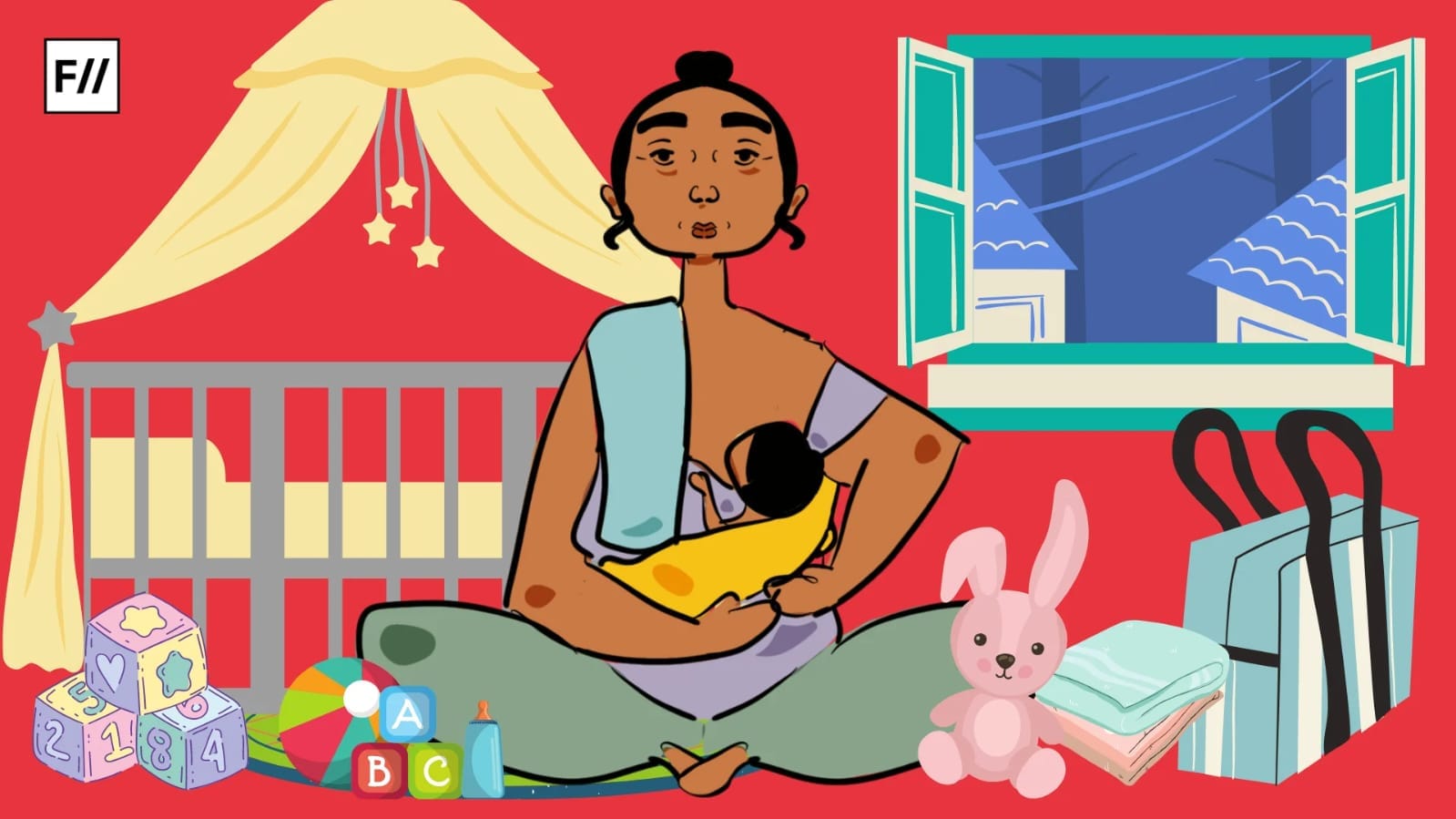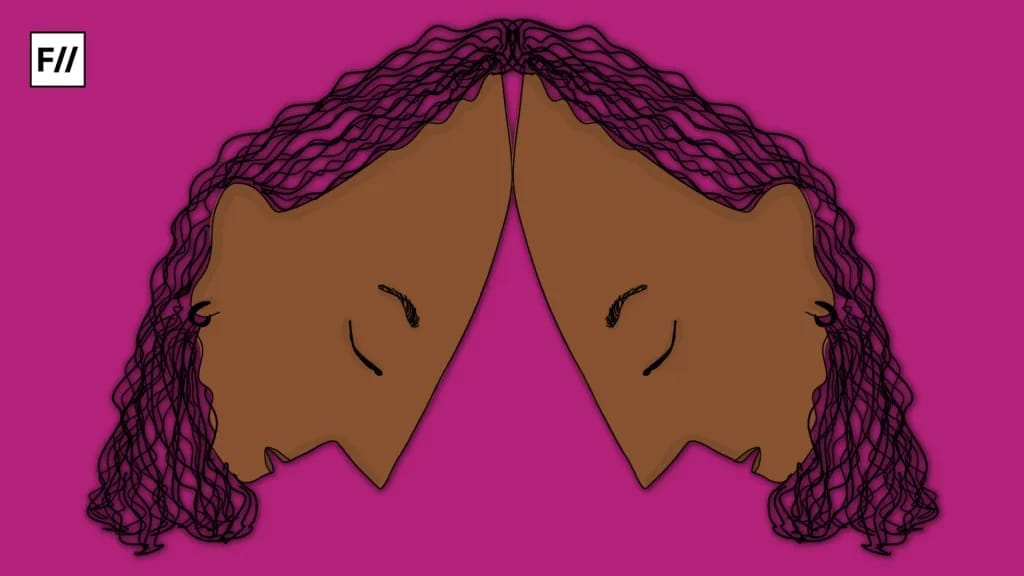The creative freedom accorded to a film maker brings with it the logistics of executing it in front of the big screen. It is therefore no surprise that the film making process extends across crazy hours, involves investment of heavy resources and often strenuous efforts from the individuals (seeping into their personal lives). In fact, such aspects of the process make it especially difficult for women and members of the LGBTQIA+ community given their gendered social roles.
Female actresses, particularly those who choose to have children (or even marry or take huge physical and financial milestones) often face co-workers who are dismissive, ignorant and intolerant of the same. A controversial source of debate, it has brought heightened media attention to the alleged altercation between actress Deepika Padukone and director Sandeep Vanga Reddy.
Deepika Padukone was initially scheduled to be the female lead of Sandeep Vanga Reddy’s upcoming film Spirit, opposite male lead Prabhas. But she eventually could not sign up for it because her demands were allegedly not met. She is reported to have asked for an 8 hour work day, a sizable share of profits, a 20 crore fee and refused to deliver dialogues in Telugu. There has been a general perception by some, that her alleged demands are unreasonable and too much for a female lead to demand. Seasoned actors like Saif Ali Khan and veteran filmmaker Maniratnam publicly supported Deepika’s alleged demands.
They claim how these are basic necessities and expectations in the filmmaking process, and that it is difficult to balance the responsibilities of motherhood with a career, making a healthy work-life balance all the more necessary. Tripti Dimri was later determined to be the female lead.
Sandeep Vanga Reddy later took to X and spoke about how he expects an actor to maintain confidentiality after he disclosed a script, citing that there was an unofficial NDA between the director and the actor. He even questioned said actor’s “feminism”, alleging that the person privately brought down a younger actress. He elaborated on how he considers his filmmaking process an investment of time and craft, something the actor he referred to had “ousted”.
The general public believe that he was referring to Deepika Padukone anonymously through his statements.
The general public believe that he was referring to Deepika Padukone anonymously through his statements. There are even speculations that Deepika’s words at an event at Stockholm were a subtle reply to Sandeep’s post. She said, ‘I thrive when I am able to find my equilibrium and balance. When I feel my most authentic self.‘ Many believe that this was a reference to her strong demand for a better work-life balance.
Double standards in perceiving actresses’ demands
Deepika’s alleged demands reflect how she wishes to balance both the responsibilities of her new motherhood, along with her career as an actress. Her alleged demands are still being perceived as unreasonable by some, even as a seasoned actress of nearly 20 years. In fact, social double standards are so heavily apparent in how she is demanding such a huge sum as “maternity benefits”.
According to the patriarchal framework, one could argue that what a man earns is also for the sake of his family’s well-being. Yet there is not such an outrage when similarly “tall” demands are made by male actors. This showcases the double standards in how an actress’ demands are perceived in the cinema industry.
Feminism has come a long way in normalising the idea of a working woman. By showing that she is physically and mentally as capable as a man in accomplishing such work. But what it has not yet overcome, especially in India, is how to socially accept that it is okay for a working woman to ask for certain benefits if she also wishes to build a healthy social life and stronger motherhood.

Many expect women to “adjust” to their career and endure the hardships of trying to balance the both, rather than asking for provisions to make it easier. The idea of a woman who sacrifices her career, or suffers trying to, is more appealing to the public than the idea that her life (and her child’s) can be made easier, especially in fields that can afford it.
How capital ties into essential worker rights in the film industry
In an industry where remuneration for effort depends largely on privilege and public appeal, consideration of essential and humane rights take a step back. If a worker has a particular social capital, wealth, or a massive fan-following, they are more likely able to negotiate for conditions leading to a better life for them. Basic worker rights in the film industry seem to hinge on this triangle of economic requirements.
For instance, if a film industry worker is from an influential family, they would be able to access these rights a lot more easily. It is why there is a perception that such rights are considered the benefits accrued to either the wealthy or the ones who have endured bad treatment in the name of hard work. Although their hard work is a welcome and commendable validation, in the murky directional work spaces, exploitation in the guise of work should not be encouraged. Since the creative process does not have easily quantifiable hours of effort for every worker, it becomes harder to implement a uniform policy that benefits workers across the industry.
Gendered capital generation in the film industry
It goes without saying then, that even the existing model of wealth generation in the film industry is unequal. As a society that collectively promotes male-centric films (bordering on over-glorification of masculinity), the screen role of a heroine is automatically relegated to less importance. Since Indian directors are predominantly male, several stories are written with female characters as accessories to the hero, ultimately resulting in less screen presence and popularity.
Since Indian directors are predominantly male, several stories are written with female characters as accessories to the hero, ultimately resulting in less screen presence and popularity.
Unfortunately, popularity or fan-following is the hardest one to achieve in the triangle of economic requirements for worker rights. This is because the other two are often something one is born into, limiting its access to economically and socially privileged individuals. This puts actresses on a fundamental disadvantage when it comes to accessing and voicing out for maternal and basic work rights.

Deepika Padukone’s alleged demands in Spirit is not simply a dispute between a director and an actor, but a reflection of deeper structural inequalities in the Indian film industry. It exposes the industry’s lingering discomfort with powerful women who challenge entrenched norms. It reinforces a patriarchal vision of femininity that rewards endurance and silence rather than assertion and equity.
Only those with significant leverage can ask for what should be foundational: safe, respectful, and reasonable working conditions. For women, particularly those juggling careers and caregiving responsibilities, this systemic inequality can become doubly alienating. Ultimately, the need is not only to normalise conversations around maternity and work-life balance in cinema, but also to institutionalise political and public structures that guarantee these as rights, not as benefits. Until then, each such demand made by an actress becomes a quiet act of resistance, constantly questioning who gets to have boundaries, and why.
About the author(s)
Lakshmi Yazhini is a post graduate student, pursuing an Integrated Masters in Development Studies, at the Indian Institute of Technology Madras. Based in Chennai, Yazhini has an avid research interest in the intersectionality of feminist geography and the state, in peripheral cities. In her free time, she likes to bake, do yoga, read fiction and pen down her thoughts in her journal (which are most often about the micro inequalities around her). Yazhini hopes to explore, write and make a difference about these as a policymaker some day.






